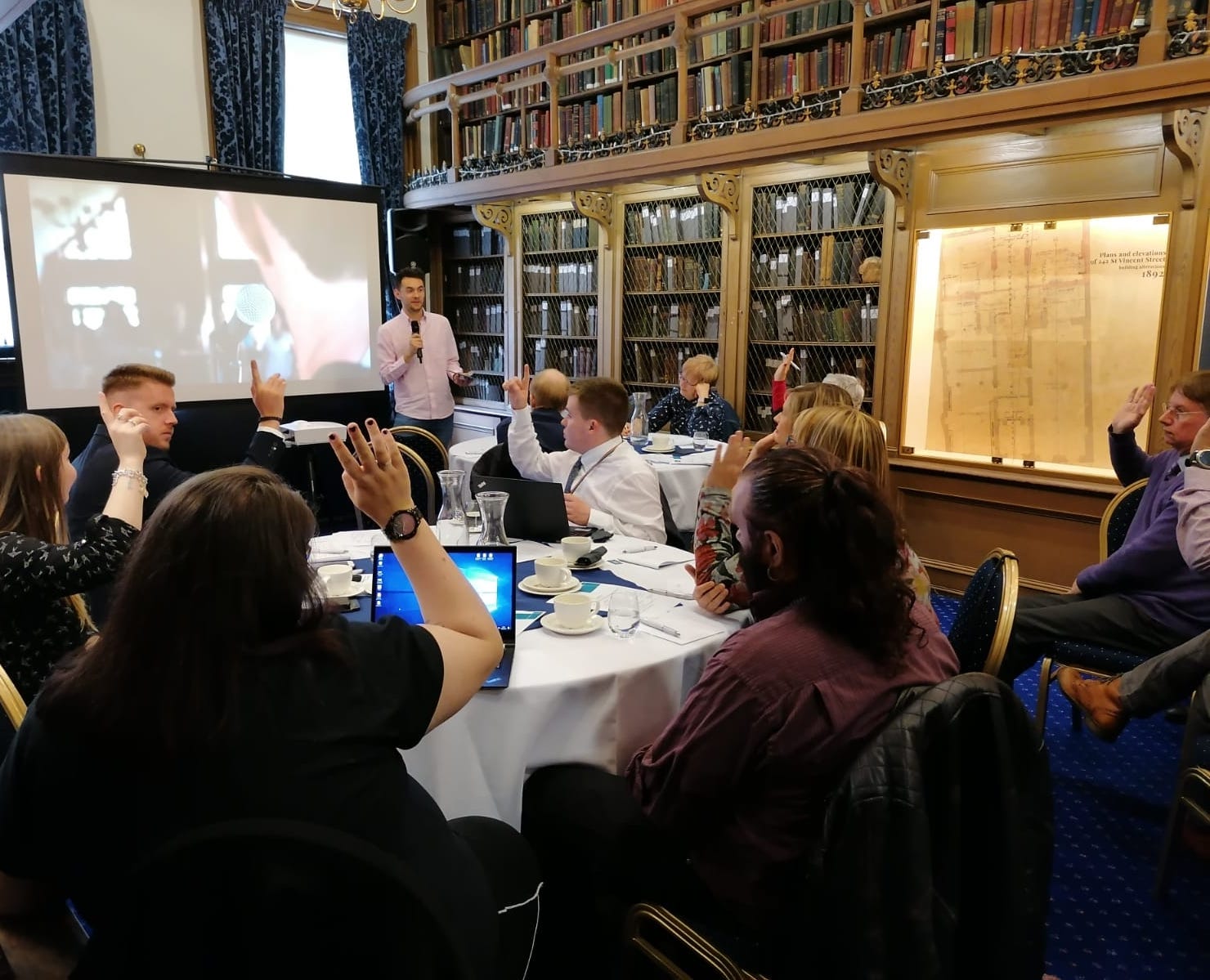Present Pal Blog: Tips, Stories, and Insights for Confident Presenting
Creating a Culture of Inclusion
Think of your workplace and your colleagues that surround you. Are there different gender identities, different ethnicities, different backgrounds, ages, nationalities? Do you have any colleagues who are neurodiverse? Are any of your colleagues disabled? If the answers to these questions are predominantly ‘no’, then you may be questioning your organisation’s culture of inclusion.
2018 - That's a Wrap!
2018 has been Estendio’s best year yet - from launching an MVP product in January to announcing a partnership with Microsoft in December, we’re all incredibly proud of how much we’ve achieved. We want to give you all a little insight into what we’ve been up to these past 12 months and the hugely exciting plans we have for 2019. So pour yourself a wee glass of mulled wine and take a peek into our 2018 highlights!



